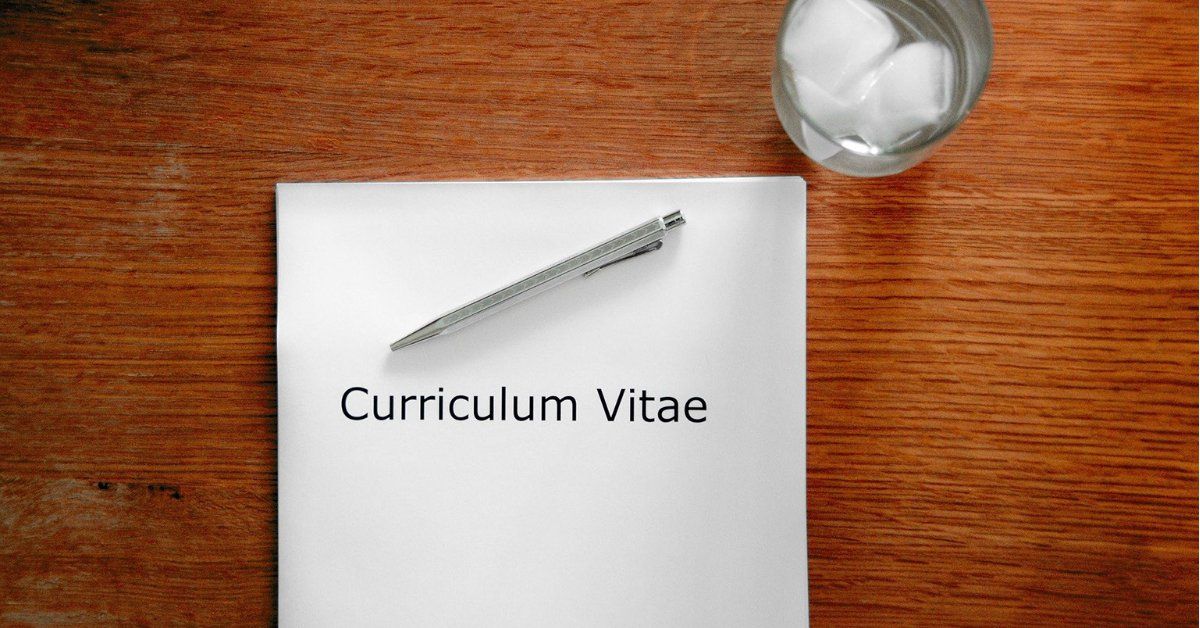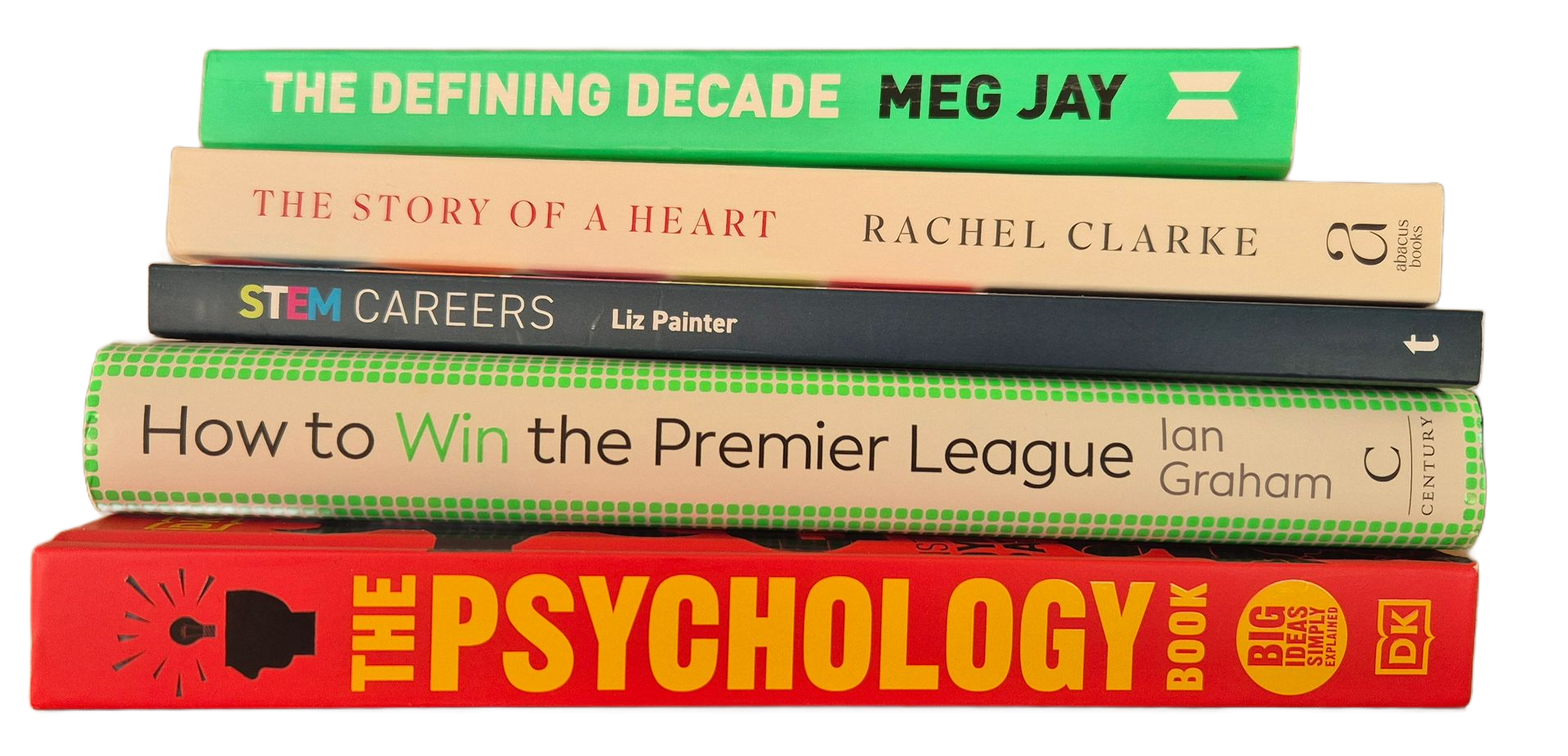How to Choose Leaving Certificate Subjects

Selecting your best senior cycle subjects to support future career decisions
Making the Right Choices for Your Future
Choosing your Leaving Certificate subjects can feel like a daunting task. At just 15 or 16 years old, you are making decisions that may influence your future education, career, and job opportunities. While it’s important to consider your options carefully, remember that many adults change careers multiple times throughout their lives. The path you choose today is not set in stone, and there are always ways to pivot in the future.
So, how can Irish students make informed, confident decisions about their Leaving Certificate subjects?
Discover What Makes You, You
In my experience working with students and professionals, many people struggle to identify what they truly enjoy and excel at. Some instinctively know what they want but lack the clarity and confidence to commit to their choice.
To support students who feel uncertain, we created the ASIC Career Discovery Model, which helps you uncover what matters most to you by identifying and exploring:
- Aptitudes – Your natural abilities and the subjects you are curious about.
- Skills – The skills you have already developed, enjoy using and want to develop.
- Interests – What you are naturally drawn to and engaged by.
- Challenges – The problems or opportunities in the world that excite and motivate you.
Uncovering your ASIC requires effort. It takes time, reflection, and research—but it will ultimately help you make more informed decisions and keep your options open for the future.
There are various assessments, tests, and exercises that can help reveal your ASIC. While career interest assessments and aptitude tests can be useful, they should be combined with other factors such as academic performance, learning styles, extracurricular activities, personal values, and long-term goals.
Talking with parents, family members, or trusted friends can also provide valuable insight. Additionally, a career guidance counsellor or career coach can offer independent, professional advice to help clarify your options.
Start with the End in Mind
Once you have a clearer sense of your ASIC, it’s time to think about the future:
- Consider potential career paths that align with your ASIC. At this stage, you don’t need to pick an exact job title—just explore fields that interest you.
- Dream big and cast your net wide. Try setting a one-minute timer and writing down ten careers you’ve ever considered, even briefly.
- Research these careers on websites like careersportal.ie and prospects.ac.uk.
- Ask yourself:
How do these careers align with my ASIC?
What other related career paths exist?
What skills and qualifications are needed?
What Leaving Certificate subjects would support these career interests?
Balancing your current interests with the requirements for your future career is key.
Work Backwards from Your Goals
Once you’ve identified potential careers, explore the courses and educational pathways that interest you. Reviewing college prospectuses (online or in print) will help you determine which subjects are most relevant and beneficial for your future.
For students aiming for direct entry into college through the CAO system, be aware of these three key hurdles:
- Minimum entry requirements for colleges you’re considering.
- Essential subjects required for specific courses (if any).
- Leaving Certificate points needed for admission.
Some courses also have additional requirements, such as:
- HPAT (Health Professions Admission Test) for Medicine.
- Portfolios for Art & Design courses.
- Practical experience logs for Veterinary Medicine.
Since requirements change regularly, it’s crucial to stay updated by checking course details frequently.
What Senior Cycle Subjects Should I Take To Support My Career Options?
Most Irish students take seven Leaving Certificate subjects at either Higher or Ordinary level, with some opting for an additional subject outside their school timetable. Irish and Mathematics are also available at Foundation level.
There are three compulsory subjects:
- Mathematics
- Irish (unless exempt)
- English
Most students then choose four to five more subjects from the growing list of subject options available through the Department of Education. However, your choices will depend on what your school offers, which can vary based on school size, teacher availability, and student demand.
| Languages | Science | Business | Applied Science | Social Studies |
|---|---|---|---|---|
| Irish (or exemption)* | Mathematics* | Accounting | Agricultural Science | Art |
| English* | Biology | Business | Construction Studies | History |
| French | Chemistry | Economics | Engineering | Geography#~ |
| German | Physics | LCVP | Technology~ | Home Economics |
| Spanish | Applied Maths~ | Design & Communication Graphics | Politics & Society | |
| Greek | Physics & Chemistry | Computer Science | Religious Education | |
| Latin | Physical Education | Music | ||
| Japanese | Home Economics | Drama, Film & Theatre Studies | ||
| Russian | Climate Action & Sustainable Development |
* Compulsory ~ May be considered a Science subject for some courses
To research each subject further, check Curriculum Online and Careers Portal.
Understanding Subject-Specific Requirements for Course Entry Requirements
Some college courses require specific subjects for entry. Here are a few key examples (not an exhaustive list, so always check individual course requirements):
Honours Maths
It is required for 72 courses (as of 2023), including Mathematics, Data Science, Financial Studies, Economics, and Engineering.
Not required for Medicine/Health Sciences, but the extra 25 points for passing Honours Maths can be beneficial to maximise CAO points.
Science Subjects
Chemistry – Required for Veterinary (UCD), Pharmacy (TCD, UCC, RCSI), Medicine (UCC, TCD).
Physics – Required for Theoretical Physics (TCD).
Biology – Required for Genetics (UCC), Human Health & Disease (TCD), various Health Science courses (ATU Letterkenny).
Two Sciences? - Often needed for Medicine, Dentistry, Physiotherapy, Pharmacy, and Medicinal Chemistry.
European Languages
Some NUI colleges (UCD, UCC, NUIG, Maynooth, RCSI) require a third language (exceptions exist, e.g., Engineering & Ag Science at UCD and Business & Law courses at Maynooth).
UL, DCU, TCD, and technological universities generally don’t require a third language unless applying for a language-focused course.
Irish
A H4 (60-70%) is required for Primary School Teaching (direct entry), though alternative pathways exist, if you are taking Irish at ordinary level.
Choosing Levels
First of all, this will depend on your ability in each specific subject. Consider your academic results to date and discuss this with your teachers.
For the CAO, your points are calculated based on your best six subjects achieved in one sitting of the leaving certificate. Honours mathematics attracts an additional 25 points (so long as you pass) and this is included in your calculation for the best six subjects.
The Leaving Certificate points system has changed over the last decade (or more!) and it should also be considered before making decisions on the selected levels of each subject.
A H5 (50% to 59%) at Higher level attracts the same points, 56, as a O1 (90% to 100%) at Ordinary level, so if you have the ability and are willing to work consistently, you should try to take your subjects are Higher level.

Balancing Practical’s, Projects, and Study
When selecting subjects, consider the workload. Many subjects have practical or project components that contribute to your final grade. Most languages also include Oral and Aural components, and English and Irish exams have multiple papers.
A teacher recently advised me that students should balance their subject mix to avoid being overwhelmed by multiple projects while also preparing for mocks, oral exams, final exams, and—if applicable—the HPAT (for Medicine) in February.
A good guideline is to choose two, or at most three, subjects with a significant practical/project component. However, with upcoming Senior Cycle curriculum reforms, more subjects will introduce project work.
This table provides a breakdown of the assessment structure for various subjects:
| Subject | Project | Practical | Final Written Exam (one paper) |
|---|---|---|---|
| Agricultural Science | 25% | 75% | |
| Art | 50% | 25% | 25% |
| Biology | 40% | 60% | |
| Business | 40% | 60% | |
| Chemistry | 40% | 60% | |
| Computer Science | 30% | 70% | |
| Construction Studies | 25% | 25% | 50% |
| Design & Computer Graphics | 40% | 60% | |
| Engineering | 25% | 25% | 50% |
| Geography | 20% | 80% | |
| History | 20% | 80% | |
| Home Economics | 20% | 80% | |
| LCVP | 60% | 40% | |
| Physical Education | 20% | 30% | 50% |
| Physics | 40% | 60% | |
| Politics & Society | 20% | 80% | |
| Religious Education | 20% | 80% | |
| Technology | 50% | 50% |
Note: the above percentages are based on Higher level and there may be slight adjustments to the percentages for Ordinary level.
Keeping Your Options Open
If you’re unsure about your career path, try to keep your options open by selecting subjects that span multiple disciplines which also build on your favourite subjects from Junior Cycle:
- Science
- Business
- Applied Science
- Social Science
- A European language (especially for NUI universities)
Final Thoughts
Choosing your Leaving Certificate subjects is an important step, but it’s not a final decision on your career. I’ve worked with students who never took business subject at senior cycle and successfully graduated with a business degree.
Focus on subjects that align with your ASIC, balance workload effectively, and stay informed about entry requirements for college courses. Above all, remain flexible—your future is full of possibilities!
If you’re still unsure, ask questions, seek advice, and research thoroughly—your future self will thank you! 😊










